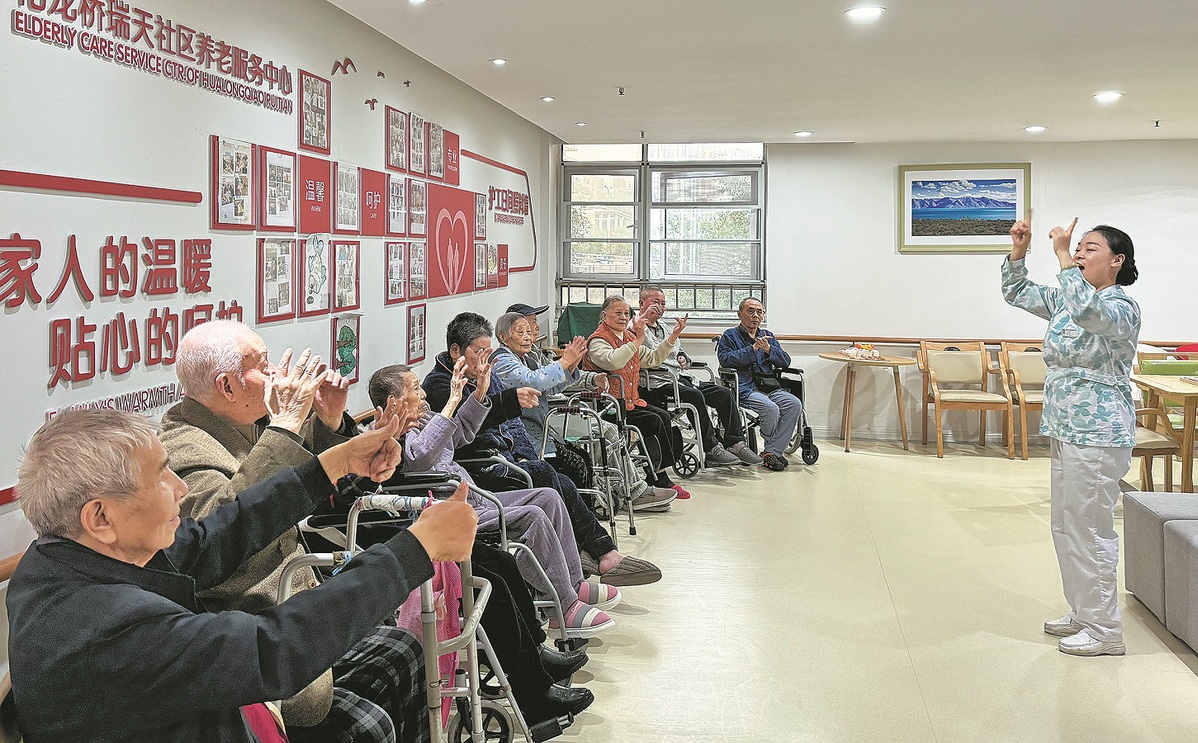The Aging Population Challenge
Researchers from the U.S. and Singapore analyzed 143 countries to assess their preparedness for aging populations. Switzerland topped the rankings, while Rwanda ranked last. The study, published in Nature Aging, used the Global Aging Society Index, developed by John Rowe and the Aging Society Research Network, to evaluate societal adaptation to aging.
This index scores countries across five domains: productivity and engagement, well-being, equality, social cohesion, and security, with a maximum score of 100. Switzerland scored 82.3, the highest, while Rwanda managed only 36.6.
Global Aging: Key Findings and Regional Highlights
The top 10 countries included Switzerland, Norway, Denmark, and Sweden, while the bottom 10 were dominated by low-income nations such as Togo, Afghanistan, and Benin.
- Asia: Japan ranked 15th, the second-best in Asia after Singapore (10th).
- Africa: Mauritius led the continent at 57th.
- Americas: Uruguay ranked 34th, outperforming its regional peers.
Globally, productivity and engagement received the lowest average score (46.8), while social cohesion performed best (60.6). Most metrics correlated strongly with GDP, underscoring the importance of economic resources in addressing aging-related challenges.
Limitations and Future Outlook
The study acknowledged several limitations, including its cross-sectional nature and exclusion of mental health metrics due to data constraints. Additionally, countries with lower life expectancies may exhibit skewed results.
As global populations age rapidly—projected to reach 1.5 billion over 65 by 2050—this research emphasizes the urgent need for evidence-based, adaptive strategies to address societal challenges posed by aging demographics.






